Everything you need to know about GitHub Copilot Workspace
CEO Thomas Dohmke said GitHub Copilot Workspace represents a "radically new way of building software"
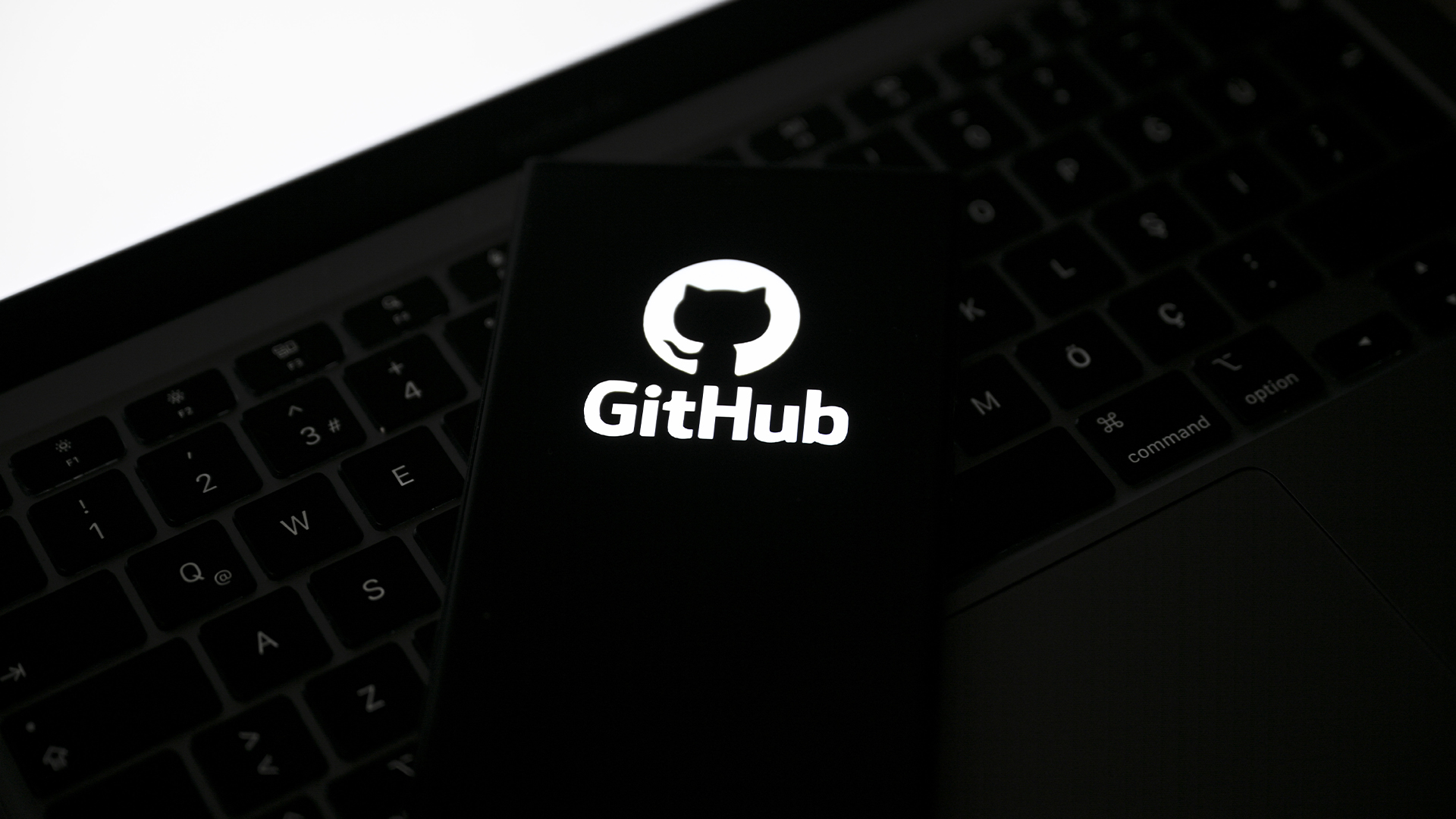

GitHub is building on the success of its existing Copilot offering with the release of a technical preview for ‘GitHub Copilot Workspace’, a comprehensive code development ecosystem built to aid developers.
In Copilot Workspace, developers are able to utilize generative AI to assist them in every stage of the development lifecycle, the company revealed, from brainstorming and ideation to planning, building, testing, and ultimately running code.
As with GitHub Copilot, all of these processes are performed in natural language, giving users a “task-centric experience” that leverages different Copilot agents throughout different development processes.
“We are reimagining the nature of the developer experience itself,” CEO of GitHub Thomas Dohmke said. “Copilot Workspace represents a radically new way of building software with natural language.”
The tool is designed to enhance developer creativity and not to replace it, Dohmke added, noting that the platform aims to “empower” experienced developers while simultaneously lowering barriers to entry for new coders.
Though the company shared a glimpse of this product at the GitHub Universe conference in 2023, GitHub now has a more concrete preview to share with the world, fit with demonstrable features and functions.
GitHub Copilot Workspace has developer workflow at its core
GitHub’s new workspace offering strives to be present at every stage in the development process, the company said, from the beginning of an idea to the finalization of a project.
Get the ITPro daily newsletter
Sign up today and you will receive a free copy of our Future Focus 2025 report - the leading guidance on AI, cybersecurity and other IT challenges as per 700+ senior executives
As such, Workspace claims to meet developers “right at the origin”, a GitHub Repository or a GitHub Issue, levering Copilot agents to assist developers in getting through the initial stages of development.
“For developers, the greatest barrier to entry is almost always at the beginning. Think of how often you hit a wall in the first steps of a big project, feature request, or even bug report, simply because you don’t know how to get started,” Dohmke said.
Copilot Workspace can then assist the user in creating a plan by leveraging its “deep” understanding of the codebase, providing a developer with the necessary tools to validate the plan and test the code.
The plan is created in natural language and is entirely editable, giving developers the option to make adjustments and check them within the workspace.
“All that’s left then is to file your pull request, run your GitHub Actions, security code scanning, and ask your team members for human code review,” Dohmke said.
Integration and collaboration are key to Workspace
GitHub places the focus of its offering on inter-team collaboration and user integration into the wider GitHub community.
Developers can, for example, collaboratively share workspaces with their team members through a link. Other members of the team can then analyze a developer's workflow as well as offer their own contributions or suggestions.
GitHub itself is also already a popular environment for developers, and the firm said it’s accelerating to a future where “one billion people on GitHub will control a machine just as easily as they ride a bicycle”.
RELATED WHITEPAPER

Copilot Workspace is therefore built into a huge and ever-growing community of existing developers, offering integration to those who want a seamless experience across both their AI code assistant and their developer community.
In a similar vein, Copilot Workspace is mobile-compatible, allowing developers an even further level of workflow integration.
“This is our mark on the future of the development environment: an intuitive, Copilot-powered infrastructure that makes it easier to get started, to learn, and ultimately to execute,” Dohmke said.

George Fitzmaurice is a former Staff Writer at ITPro and ChannelPro, with a particular interest in AI regulation, data legislation, and market development. After graduating from the University of Oxford with a degree in English Language and Literature, he undertook an internship at the New Statesman before starting at ITPro. Outside of the office, George is both an aspiring musician and an avid reader.
-
 Bigger salaries, more burnout: Is the CISO role in crisis?
Bigger salaries, more burnout: Is the CISO role in crisis?In-depth CISOs are more stressed than ever before – but why is this and what can be done?
By Kate O'Flaherty Published
-
 Cheap cyber crime kits can be bought on the dark web for less than $25
Cheap cyber crime kits can be bought on the dark web for less than $25News Research from NordVPN shows phishing kits are now widely available on the dark web and via messaging apps like Telegram, and are often selling for less than $25.
By Emma Woollacott Published
-
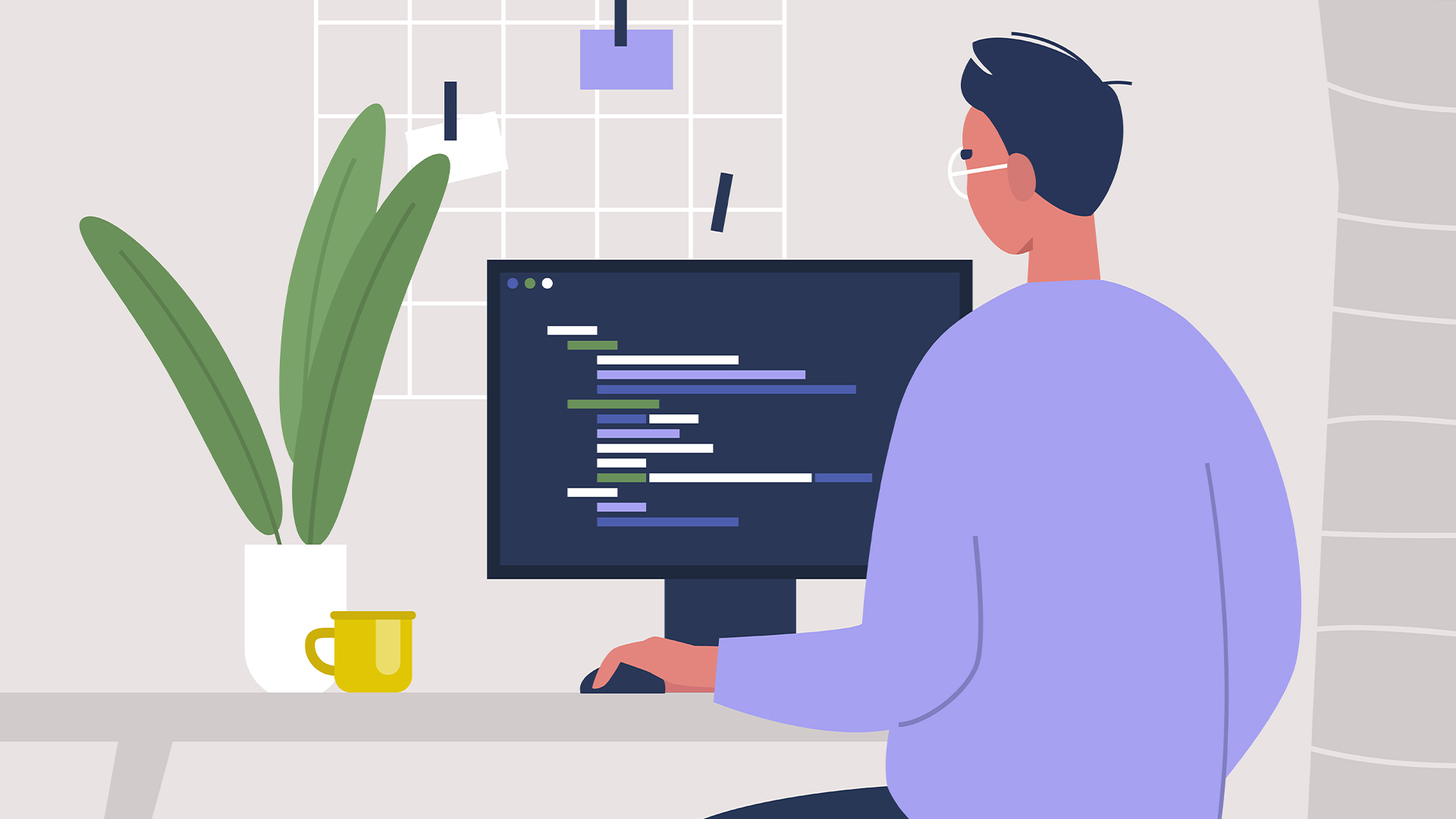 Turns out AI isn't that popular at work – just 4% of workers use the technology in the majority of daily tasks, but developers are among the top early adopters
Turns out AI isn't that popular at work – just 4% of workers use the technology in the majority of daily tasks, but developers are among the top early adoptersNews Research from Anthropic shows that while AI adoption is sluggish in most professions, software developers and writers are very keen.
By Nicole Kobie Published
-
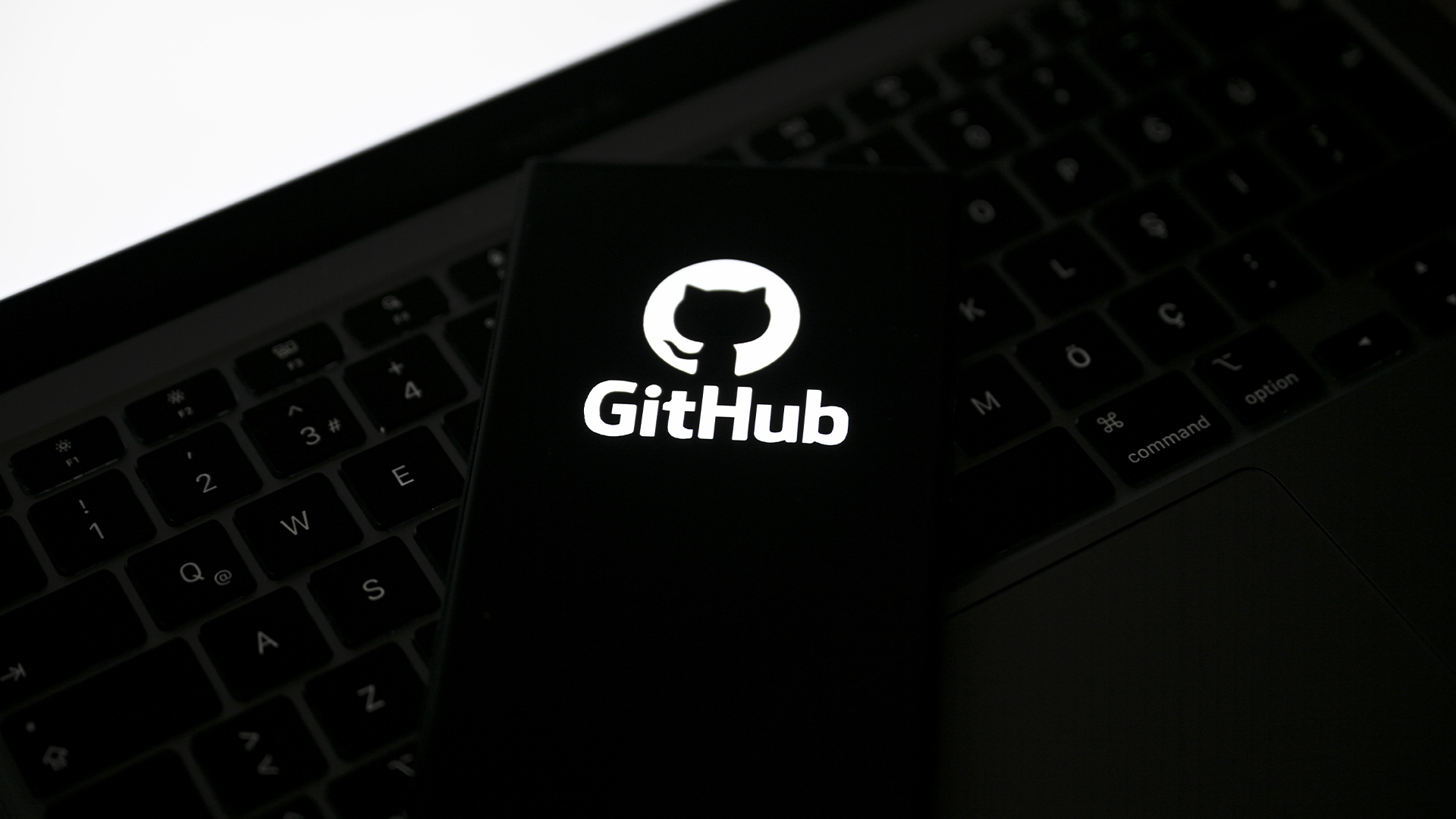 GitHub's new 'Agent Mode' feature lets AI take the reins for developers
GitHub's new 'Agent Mode' feature lets AI take the reins for developersNews GitHub has unveiled the launch of 'Agent Mode' - a new agentic AI feature aimed at automating developer activities.
By Ross Kelly Published
-
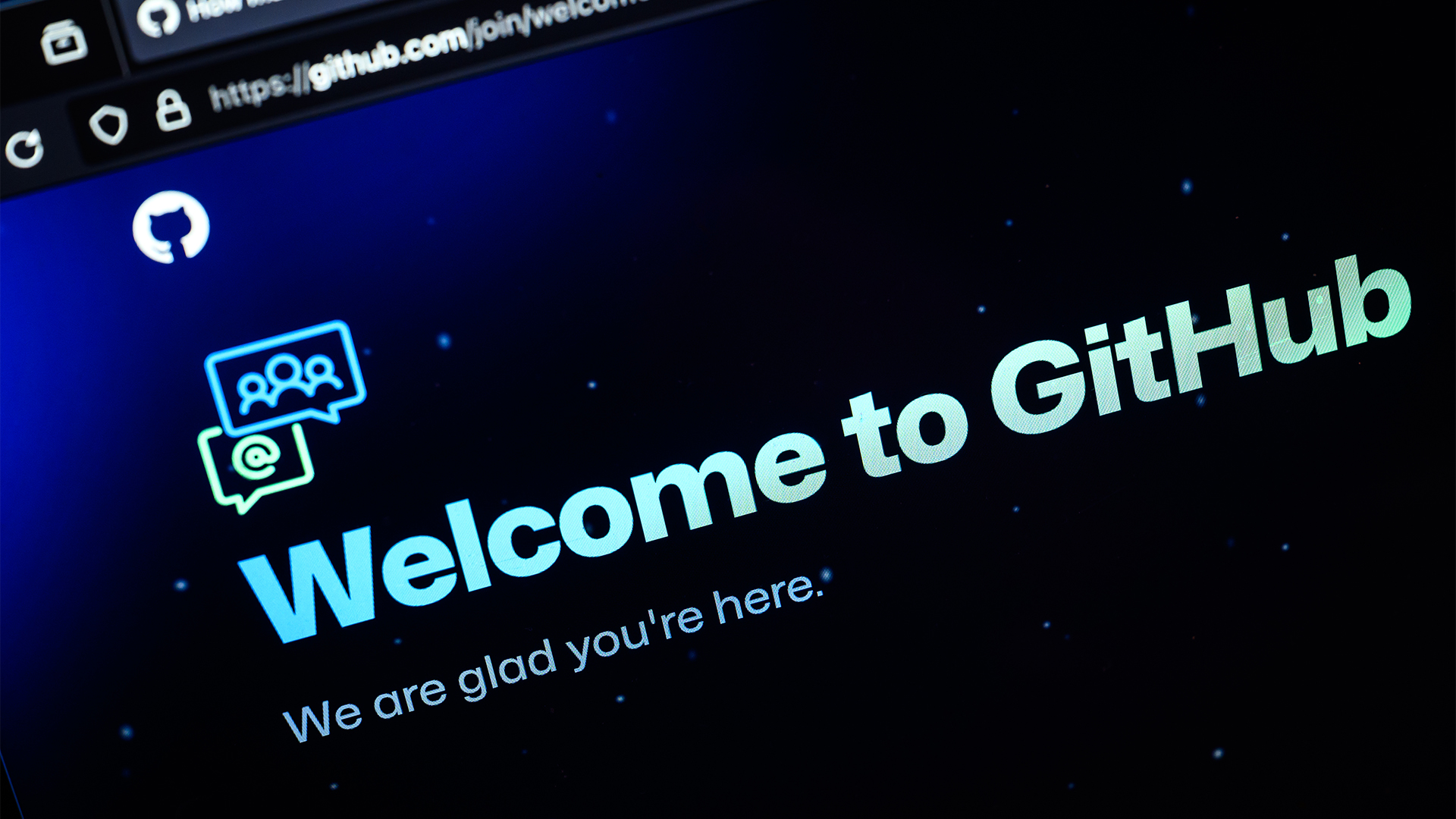 GitHub just launched a new free tier for its Copilot coding assistant – but only for a select group of developers
GitHub just launched a new free tier for its Copilot coding assistant – but only for a select group of developersNews Limited access to GitHub Copilot in VS Code is now available free of charge
By Nicole Kobie Published
-
 Are ‘ghost engineers’ stunting productivity in software development? Researchers claim nearly 10% of engineers do "virtually nothing" and are a drain on enterprises
Are ‘ghost engineers’ stunting productivity in software development? Researchers claim nearly 10% of engineers do "virtually nothing" and are a drain on enterprisesNews The study used an algorithm to assess the amount of work being done by software engineers at hundreds of firms
By George Fitzmaurice Published
-
 GitHub says Copilot improves code quality – but are AI coding tools actually producing results for developers?
GitHub says Copilot improves code quality – but are AI coding tools actually producing results for developers?News Questions over the true impact AI coding tools continue to linger
By Solomon Klappholz Published
-
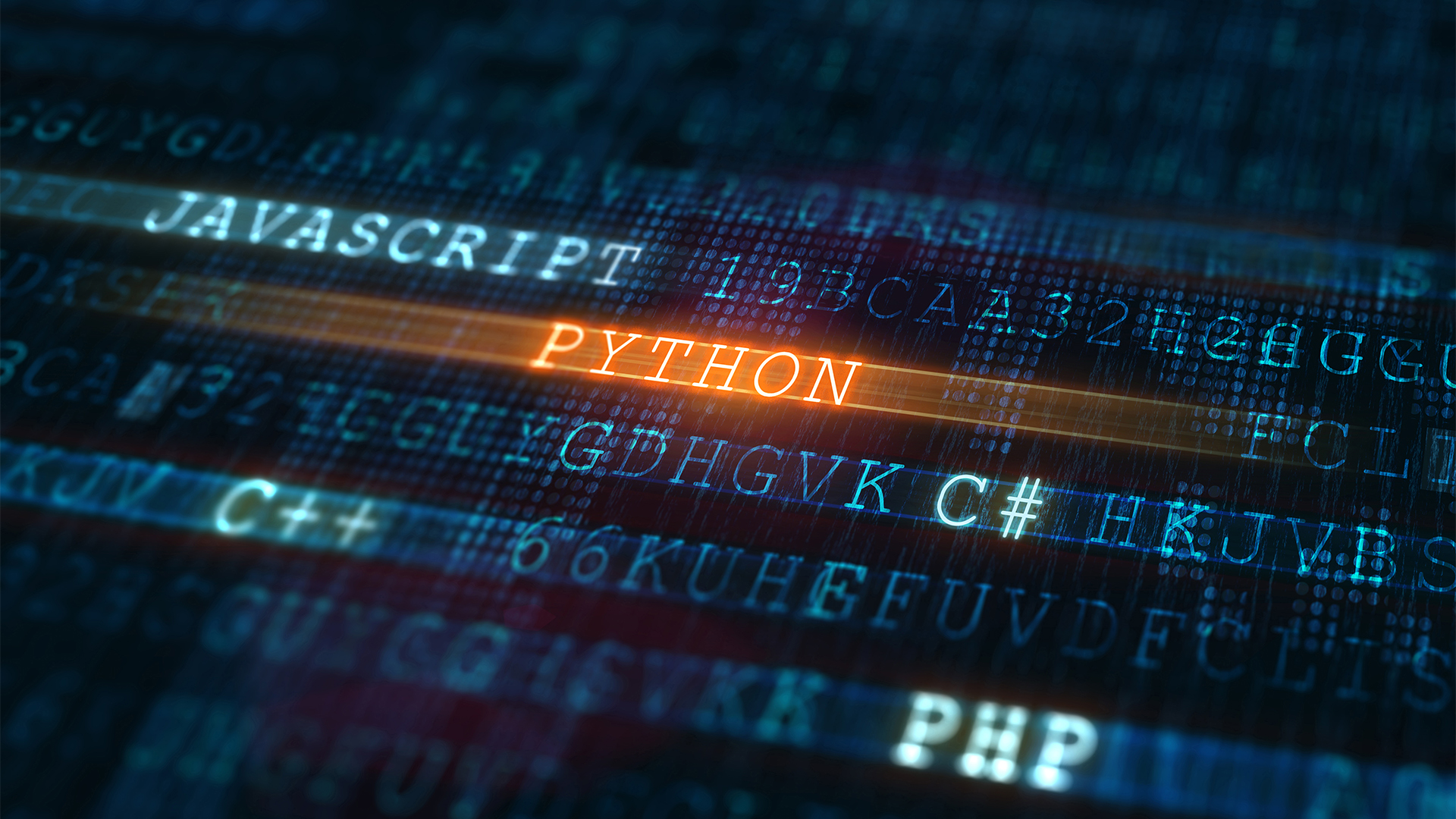 Python just brushed past JavaScript to become the most popular programming language on GitHub – and a key factor is that AI developers love it
Python just brushed past JavaScript to become the most popular programming language on GitHub – and a key factor is that AI developers love itNews The meteoric rise of Python shows no sign of stopping
By Nicole Kobie Published
-
 “There is no one model to rule every scenario”: GitHub will now let developers use AI models from Anthropic, Google, and OpenAI
“There is no one model to rule every scenario”: GitHub will now let developers use AI models from Anthropic, Google, and OpenAINews Devs will be given access to a broader array of AI models on GitHub – but there's more in store for users
By Emma Woollacott Published
-
 Not all software developers are sold on AI coding tools – while productivity gains are welcomed, over a third are concerned about AI-generated code quality
Not all software developers are sold on AI coding tools – while productivity gains are welcomed, over a third are concerned about AI-generated code qualityNews Many software developers have concerns over the quality and security of AI-generated code despite marked productivity boosts
By George Fitzmaurice Last updated